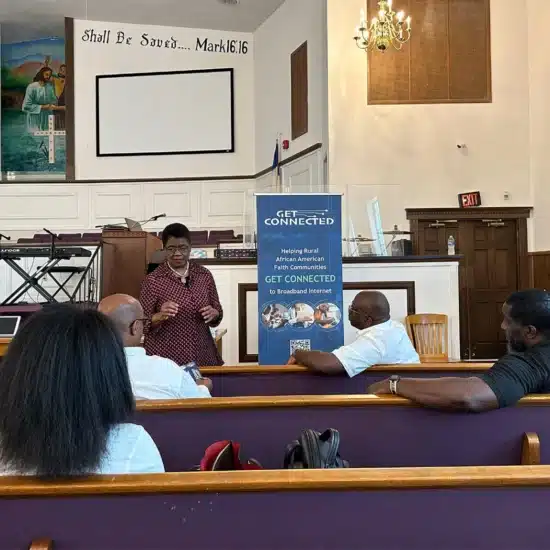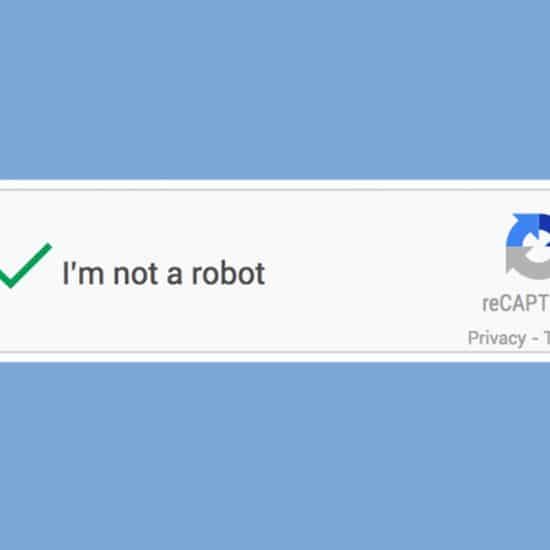“People believe almost anything they see in print.” – E.B. White, Charlotte's Web
 Sometimes it is hard to dismiss facts that come from so-called “common knowledge,” a trusted friend, textbook or something in the news. (Except when it is from a wealthy Nigerian.)
Sometimes it is hard to dismiss facts that come from so-called “common knowledge,” a trusted friend, textbook or something in the news. (Except when it is from a wealthy Nigerian.) With modern technology it is easy to pass along a kernel of knowledge far beyond your immediate friends to literally around the world. Quickly forwarding an e-mail is the equivalent of speaking before you think.
Who believes this stuff? As P.T Barnum was famous for saying, “There's a sucker born every minute.” (Except that he didn’t say it; it was actually a banker named David Hannum. Oops.)
Here are some different forms misinformation can take:
Helpful pal. These types of messages include the deals to pass along a message and “somebody” (Old Navy, Bill Gates, Mars) will give you something (gift certificates, cash, M&Ms). Tracking programs may exist someday, but not now, and not even if it is supposed to heal a sick child.
Caring friend. Ever receive a prayer request for a sick or missing child? Not all of them are accurate, some aren’t true, and many are out of date. Look for facts such as a date, name and way to check on their status.
Alarmed Christian. Atheists are not trying to get the FCC to ban religious broadcasting. In its different incarnations since it originated in the 1970s the message/petition has invoked the names of Madalyn Murray O’Hair, “Touched By an Angel,” James Dobson, Christmas cards and many television preachers. If you ever see petition RM-2493, just delete it!
Concerned citizen. Many of these messages involve something false, such as:
• HIV needles being put in phone coin return slots or affixed to gas pump handles
• Warnings about children being kidnapped by having their hair dyed or adults with ether-filled perfume bottles
• Cell phone numbers being released to telemarketers
• Flyers put on cars as a carjacking ploy
• Thieves hiding under cars and slashing ankles
• HIV needles being put in phone coin return slots or affixed to gas pump handles
• Warnings about children being kidnapped by having their hair dyed or adults with ether-filled perfume bottles
• Cell phone numbers being released to telemarketers
• Flyers put on cars as a carjacking ploy
• Thieves hiding under cars and slashing ankles
Others are true but out of date, such as the virus found in messages with titles like “Osama captured.” Many others are downright unlikely even if they have a small bit of truth, such as warnings never to call a number with area code 809 or scammers using #90 to bill long-distance calls to your phone.
Outraged consumer. Many times, these messages involve outrageous claims made on talks shows (Liz Claiborne or Tommy Hilfiger making racist statements) or practices (Target being against veterans, a Swiffer product harmful to dogs or Fisher Price selling Islamic-spouting dolls). To pass along a slanderous e-mail without carefully fact-checking is shameful.
Partisan politician. A variation of the outraged consumer above. Just as slanderous, just as shameful.
Avoid being part of the problem:
• Use a rumor-checking site such as Snopes.com. Search by using a key phrase, such as “perfume bottle.”
• Let the sender know if their e-mail is incorrect, including the URL of where you found the information. Encourage them to send the information back “upstream.”
• Is it really worth passing along? If so, take the time to remove other e-mail addresses. Use blind carbon copies (BCC) to keep others’ e-mail addresses from being used by spammers.
• Use a rumor-checking site such as Snopes.com. Search by using a key phrase, such as “perfume bottle.”
• Let the sender know if their e-mail is incorrect, including the URL of where you found the information. Encourage them to send the information back “upstream.”
• Is it really worth passing along? If so, take the time to remove other e-mail addresses. Use blind carbon copies (BCC) to keep others’ e-mail addresses from being used by spammers.
We always ought to be cautious about opening e-mail from strangers, unexpected dowload requests, institutions asking for personal identification information and messages that don’t ring true. In the meantime, we can be a better friend when we avoid passing along messages that frighten, frustrate or mislead others.
Ken Satterfield (ksatterfield@wordandway.org) has been a media specialist and is currently the advertising/marketing coordinator for Word&Way.





